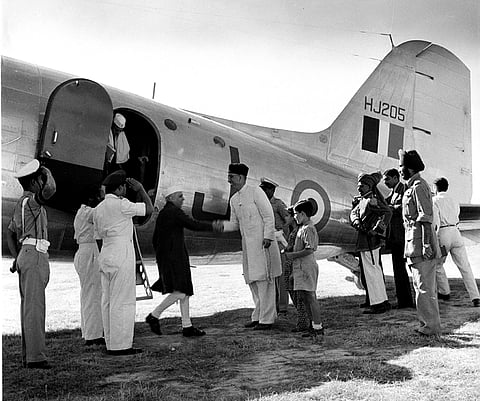In Kashmir, Resistance is Mainstream
"I am free today," claimed Farooq Abdullah, former chief minister of Jammu & Kashmir and a prominent 'pro-India' politician from the valley, addressing reporters outside his Gupkar residence in Srinagar on 13 March 2020. This was over seven months after he was placed under house arrest following the de-operationalisation of Article 370 by India on 5 August 2019. Abdullah, an octogenarian, was later formally arrested and booked under the Public Safety Act (PSA), often referred to as a 'lawless law', which allows for up to two years of detention without trial.
"This freedom will be complete when all leaders – Omar, Mehbooba ji and all the other leaders… are released," Abdullah said following the revocation of his PSA order. Such a conception of 'freedom' is characteristic of the politics of erasure of Kashmir by the Indian state – of its history, its blood and its memory. The reactions to the release of the "top Kashmir leader" and "veteran politician" varied from noting the significance of this step, to emphasising its importance for restarting the process of electoral politics in Kashmir. Omar Abdullah has since also been released, and over social media many Indian journalists and activists have been interested in debating whether he should keep his beard, and if he should write a book. Omar, on his part, is happy to share workout tips. As we write this, the last chief minister of Jammu & Kashmir, Mehbooba Mufti, has been shifted to her home, where she will remain under detention. There are also reports that other pro-India leaders (those who administer India's administrative control in Kashmir) will be released from hotel and hostel detentions in the coming days.

